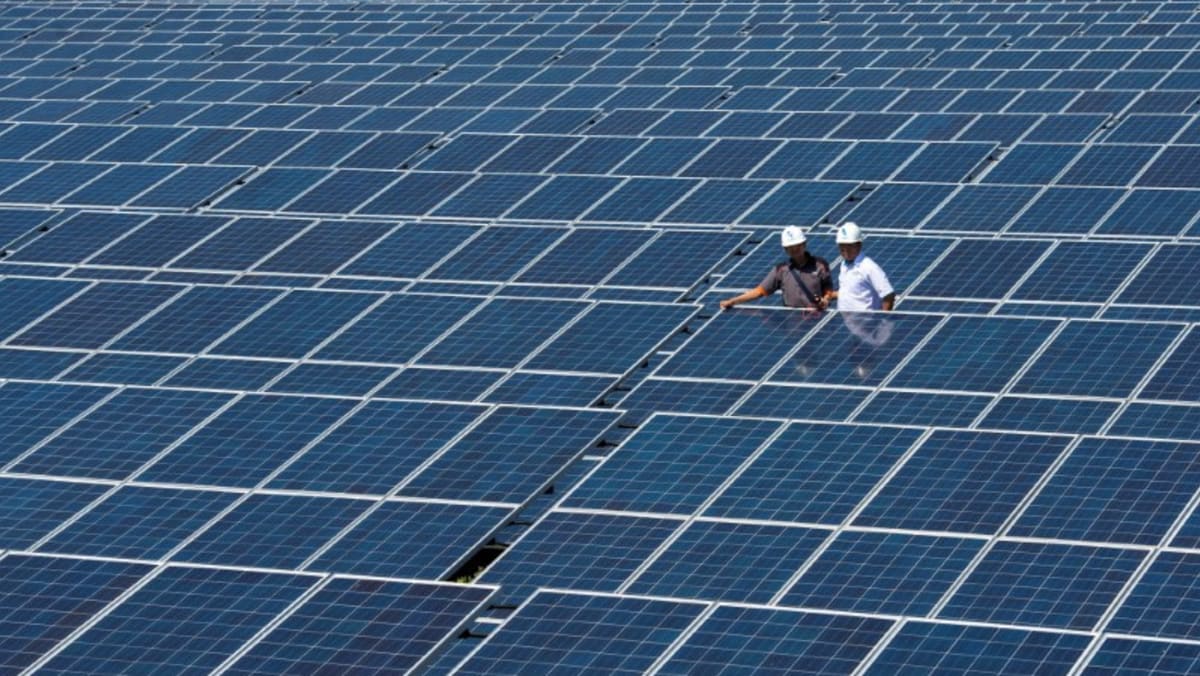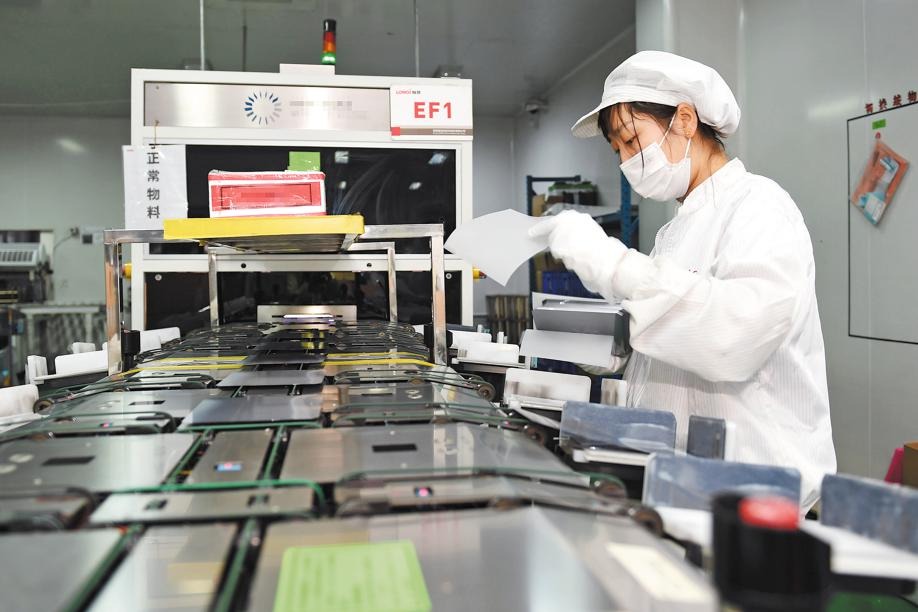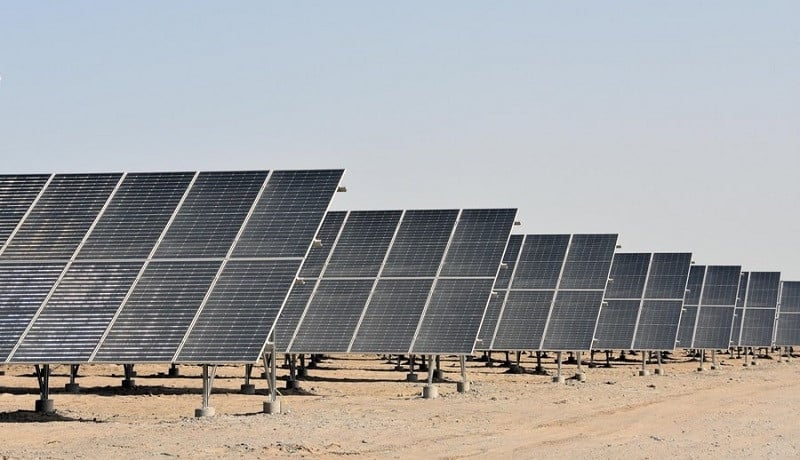Indonesia has reduced the local content requirement for solar power plants to 20% from approximately 40%, aiming to attract more investment into the renewable energy sector. This policy shift is designed to facilitate the development of solar energy projects, particularly those receiving significant foreign funding.
Boosting Solar Energy Investment
The new regulation, announced on Monday, is part of Indonesia’s broader strategy to enhance its renewable energy mix and reduce carbon emissions. Jisman Hutajulu, Director General at the Ministry of Energy, emphasized the importance of this change in a press conference, stating that the revised rules would accelerate the installation of hydro, wind, and solar power plants across the country. This adjustment is expected to pave the way for lower emissions and a more sustainable energy future.
The updated rule permits solar power projects to use imported panels until June 2025, provided specific conditions are met. Project operators must obtain ministerial approval, sign a power purchase agreement by the end of 2024, and ensure that the plant becomes operational by mid-2026.
Impact on Renewable Energy Market Trends
Indonesia has committed to increasing the share of renewables in its energy mix, supported by foreign lenders promising significant funding. However, strict local content rules had previously hindered investment. Analysts have pointed to these regulations as a barrier to the growth of solar energy investments in the country.
In addition to solar, the new rule also adjusts local content requirements for other renewable energy projects. Hydropower plants now face a local content range of 23% to 45%, depending on their capacity, a reduction from the previous range of 47.6% to 70.76%. Wind power plants now have a lower requirement, set at 15%.
Challenges and Opportunities in the Solar Energy Market
Despite Indonesia’s commitment to renewable energy, the country has struggled to meet its targets. Last year, renewables like solar and geothermal power made up just 13.1% of Indonesia’s energy mix, falling short of the 17.87% target. Coal and oil continue to dominate the energy landscape, presenting challenges for the transition to greener energy sources.
The easing of local content requirements is seen as a critical step in unlocking more investments in solar technology and other renewable energy developments. By creating a more favorable environment for foreign and domestic investors, Indonesia aims to accelerate its shift towards a more sustainable energy mix, aligning with global green energy policies and trends.
This policy change highlights Indonesia’s ongoing efforts to balance the need for local industry participation with the imperative of rapid renewable energy development. The success of these initiatives will play a significant role in shaping the future of the solar energy market in Southeast Asia.
Source:channelnewsasia.com





